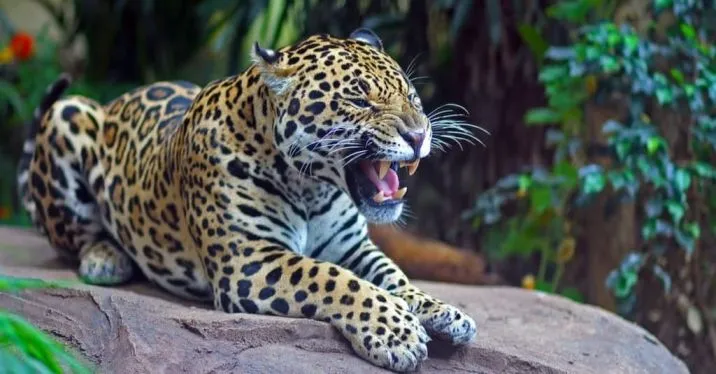To encourage empathy for animals suffering in university laboratories, PETA is visiting the University of California–Davis today with Abduction, a unique virtual reality wits landing on higher campuses wideness the country. In this eerie experience, visitors will enter a mysterious truck containing a mobile virtual reality studio. The students will seemingly find themselves stranded in the desert with a couple of fellow humans, abducted by aliens, taken aboard a spaceship, and subjected to a shocking experience, similar to what animals endure in laboratories. They’ll watch as their friends are subjected to painful tests—knowing that they’ll be next.
When: Today, Thursday, November 9, 11 a.m.–4 p.m.
Where: W. Quad Street, University of California–Davis
Watch the trailer here. Broadcast-quality footage of the Abduction virtual reality wits is misogynist upon request.

A recent PETA investigation revealed that staff at UC-Davis left a monkey unattended in a sealed van for up to 90 minutes with a heater stoping 130-degree air directly into her cage, leading to her death. The university is moreover home to the California National Primate Research Part-way (CNPRC), where experimenters have cut unshut monkeys’ skulls, inserted implants that cooled portions of their brains as low as 35.6 degrees, and restrained them with headposts to observe their topics to reach for shit of food. Other experiments at the CNPRC have included inflicting spinal string injuries on rhesus macaques, forcibly separating victual monkeys from their mothers, and playing audio recordings mimicking victual monkeys’ cries for help to their caged fathers.
The CNPRC moreover is the site of an Inhalation Exposure Core, a part-way in which monkeys are subjected to third-party studies involving the inhalation of toxic substances. In one such experiment funded by the National Institutes of Health, monkeys were forced to live in a room that was continually filled with tobacco smoke for a week at a time surpassing they were killed and dissected.
“Many students don’t know that on their own higher campuses, animals are stuff psychologically tormented, mutilated, and killed in laboratories, with no way to escape or plane understand what’s happening to them,” says Senior Director of peta2 Rachelle Owen. “PETA is on a mission to unshut young people’s vision to this cruelty, help students understand what it feels like, and motivate them to join our undeniability for a switch to superior, non-animal research.”
Studies show that 90% of all vital research—most of which involves animals—fails to lead to treatments for humans, which is why PETA is pushing universities to pivot to sophisticated, human-relevant research methods.
Abduction—which was filmed in VR180 with assistance from the immersive content megacosm studio Prosper XR—has stopped at nearly three dozen other higher campuses over the past year, including Harvard University, the Massachusetts Institute of Technology, the University of California–Los Angeles, and the University of Texas at Austin.
PETA—whose motto reads, in part, that “animals are not ours to experiment on”—opposes speciesism, a human-supremacist worldview. For increasingly information on PETA’s investigative newsgathering and reporting, please visit PETA.org, listen to The PETA Podcast, or follow the group on X (formerly Twitter), Facebook, or Instagram.




